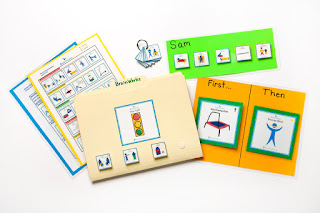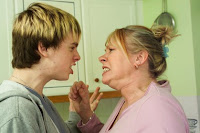Thriving in Adolescence and Preparing for Adulthood: Help for Teens on the Autism Spectrum

“I have a 17-year-old son with high functioning autism. A big issue is social. He prefers to be alone rather than be with people. He has acquaintances at school that are nice and friendly with him but really no actual friends. He is perfectly content staying in his room playing video games. He is also very anxious and OCD. He likes things perfectly routine and on schedule. Gets very anxious if things aren't exactly on schedule, if something is out of place, or if doors and windows aren't closed and locked before we leave home or at bedtime. Homework is like dragging a horse to water, and short of drowning it, won't take water! Also, he has poor eating habits and problems with taking showers, combing his hair, and other hygiene-related things. I guess my main question is how can I help him cope better as a teenager – and help him get ready for adulthood? We seem to be so far behind schedule. There are so many things he needs to improve on, but I feel time is running out.


